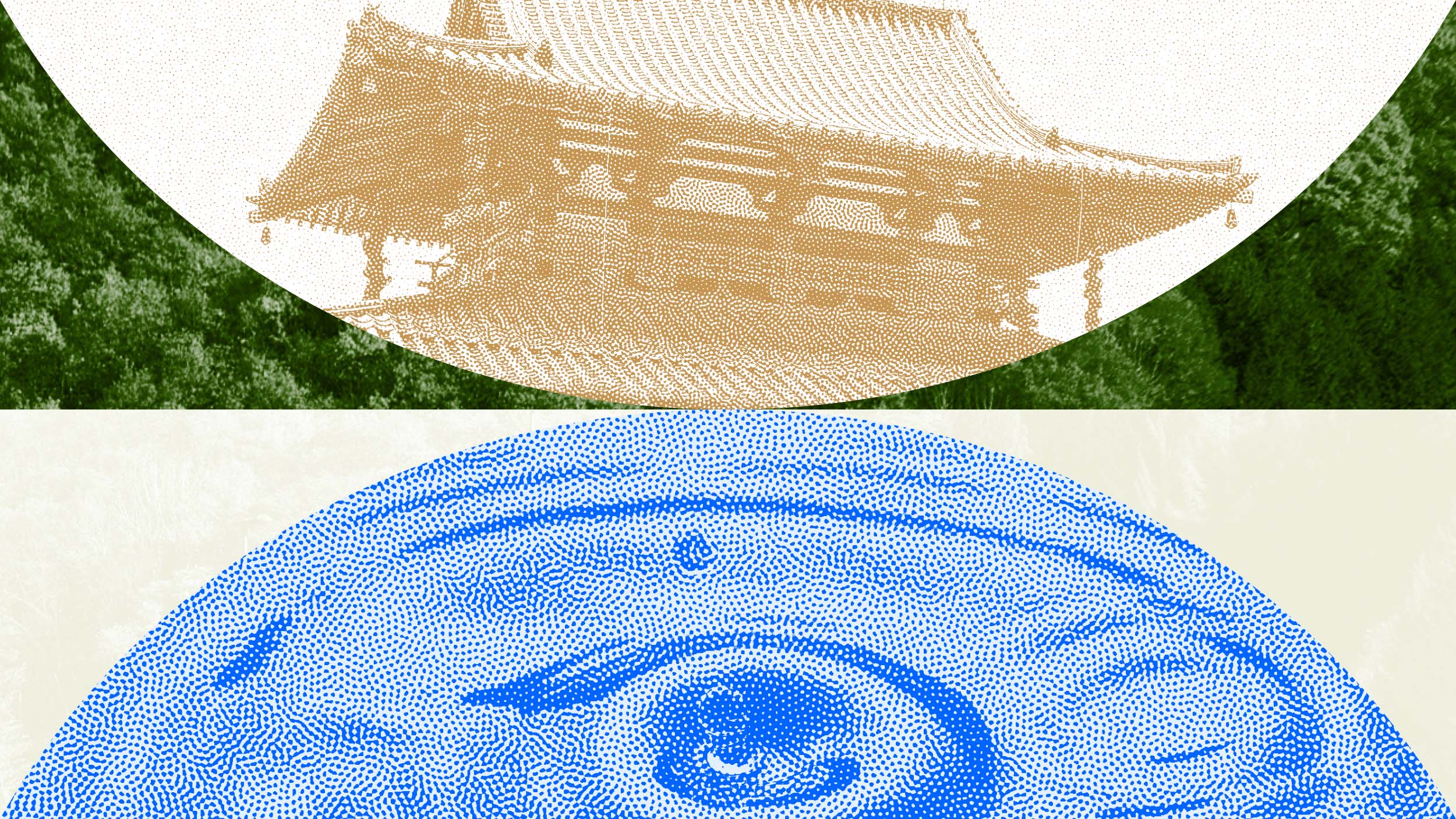Unless technology “offers a deeper meaning into your heart, into your soul, a deeper purposefulness, it’ll be vestigial, it’ll be gone,” says the film exec.
Question: Do you have any advice for today’s business leaders?
Peter Guber: We're at the cusp of a technological revolution. Change has always been with us, but the rate of change is changing. It’s no longer evolutionary, it’s revolutionary. You know, the trajectory is changing, and the momentum is accelerating. It’s acceleration and trajectory change all at once. And three dimensionally.
But what you really have to recognize that what moves people is not state-of-the-art technology, it is state-of-the-heart technology. The idea that this technology is a cold comfort. Unless the engineer can serve the poet and the poet the engineer, unless there’s that connection between the two, technology doesn’t do anything. Unless it moves something, unlessit renders a benefit, unless it makes the distances closer, unless it makes it more resonant, more memorable, unless it offers a deeper meaning into your heart, into your soul, a deeper purposefulness, it’ll be vestigial, it’ll be gone.
So the idea is, don’t abandon state-of-the-heart for state-of-the-art. Ask yourself a very important question: the benefit of this technology, how does it make us connect better? I don’t mean connect technically better, that’s important but how does it make us connect better. How does it get more and deeper heartfelt connection between people? Now I think a Twitter is an incredibly valuable tool. It’s a way to send you know, short burst messages and information to people and really tell you where you are geographically. And it doesn’t mean that poetry has to be long, but the idea is venerate the state-of-the-heart, not just state-of-the-art of the 0’s and 1’s.
Question: How do you know when you’re being distracted by a fad technology rather than something of substance?
Peter Guber: Stand guard at the portals of your mind: technology isn’t an answer, it’s an enabler. It’s an enabler. It enables you to do something better, faster, more effectively, more joyously. You know, that’s really what it comes down. All of the social networks are an expression of human needs, human desires. That’s why they’re so powerful.
You drive out of your house today and you’re two miles down the road and you go like this… not down here, but this, what are you looking for? No, you’re not looking for you pen, you’re not looking for your photo album, you’re looking for your phone. It’s got right next to your heart. And if you don’t have it, you got a heart attack. And what do you do? You turnaround and you go get it. Why do you do that? Because this has habituated you to a connection that this mobile devices had which is tinkering with your neuro pathways. It has rewired you. It has gone almost from a want to a need. You are addicted to it if not habituated to it. But the reality is, why? Because it is a sense of connection; always being connected to our family, to your work, to your business and to your joy, whatever our joy is. You can look at your football game; you can look at your pictures of your family.
And very soon all your medical information will be on there. Oh my god! It’s gonna be your wallet. Those little Benjamins and Franklins and those Washington’s, they’re gonna be gone. You’re gonna pay for everything with this new thing called a mobile phone. That is a transformative device because of the way that it’s been absorbed into society and by us individually. And boy, you get total anxiety when you leave that home or lose it. And everybody knows it.
Recorded January 19, 2011
Interviewed by Andrew Dermont
Directed / Produced by
Jonathan Fowler & Elizabeth Rodd
Image courtesy of Flickr user Jesslee Cuizon





